


27th August, 2024
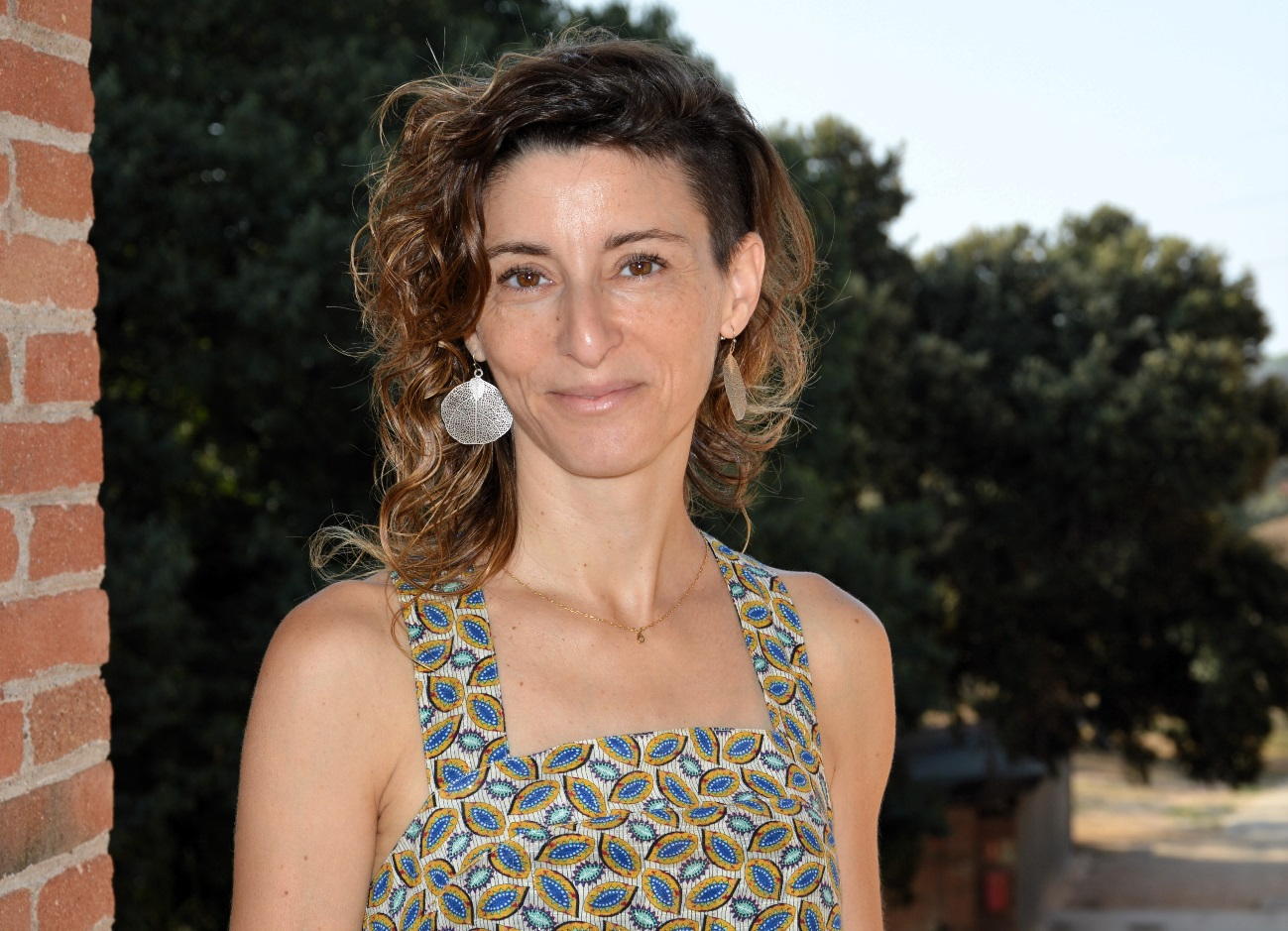
IRTA researcher Montse Núñez is the chair of the 14th LCA Food conference
Between 8 and 12 September, 2024, Barcelona and various locations around Catalonia will host nearly 500 people from five continents who, in a record number of registered participants, will be taking part in the fourteenth edition of the LCA Food conference. LCA Food stands for the Life Cycle Assessment of Foods. This is a way of numerically calculating the environmental impact of food products that covers their entire existence, from the land that has made it possible to produce them until they become waste or are reused. This includes transport, processing and packaging. The European Union (EU) already uses LCA in the food sector and it is expected that it will soon become part of our daily lives: ways of incorporating its measurement into product labelling are being studied, something that will influence the decisions of many consumers. The conference, co-organised by the Institute of Agri-Food Research and Technology (IRTA) and the University of Barcelona (UB), will be attended by internationally renowned experts. We talk to the chair of this 14th edition of LCA Food, researcher in the Sustainability in Biosystems group at the IRTA, Montserrat Núñez.
The conference has a scientific committee made up of about 25 people from five continents, including me as the representative for Spain. The committee has wanted to hold the event in Spain for a number of years, because it is a very important European and world producer of horticultural, meat and fish products. In addition, our LCA community is strong, active and growing. As a result, the IRTA decided to submit its candidacy as organiser of the conference at the main UB campus. And the scientific committee selected us for this fourteenth edition.
It all started in 1996, in Belgium. A few dozen people gathered at the airport to talk about how to use LCA to analyse the sustainability of food systems. It was a tool that was already being used to study industrial systems. In fact, the first company to apply it was Coca-Cola, which in 1969 ran what is considered to be the first LCA. Over the years, this tool has become increasingly popular in the food industry. From meetings lasting just a few hours in airports, we have moved on to a four-day international conference that is already the world's leading forum for discussing the sustainability of food systems from a scientific and quantitative perspective. As a sign of the conference's importance, this year's conference will be attended by representatives from the UN, the EU and various ministries from countries all over the world. In fact, the LCA is the tool that the EU uses in its policies for determining what is and what is not sustainable from a food standpoint.
"We are the world's leading forum for talking about the sustainability of food systems based on science and from a quantitative standpoint"
I like to explain this concept from the biological angle, which is where it came from. Let's think about the life cycle of a butterfly. You have an egg, then the caterpillar, then the chrysalis, then the butterfly. In terms of horticultural products, we first plant the seeds from the nursery; then we add nutrients, water and protect the plant using fertilisers, water and phytosanitary products produced before arriving in the field. Then we harvest, usually using machines and diesel. Later, we use the product, and finally there is waste. If we reuse or recycle it, it is like the butterfly laying new eggs, which give rise to another life cycle. In LCA we talk about product system, not only product. In other words, from the egg right up to the butterfly laying more eggs, we quantify the resources that are used, like water, and the pollutant emissions that are produced, including not just CO2 emissions and other greenhouse gases responsible for climate change, but also all the other pollutants, such as nitrogen and phosphorous from fertilisers, heavy metals from fossil fuels and toxins from pesticides, which end up affecting nature and us. The social aspect can also be incorporated into the study of production cycle sustainability. For example, the fair trade label guarantees that there is no child exploitation and ensures decent wages for farmers in the most economically and socially disadvantaged countries.
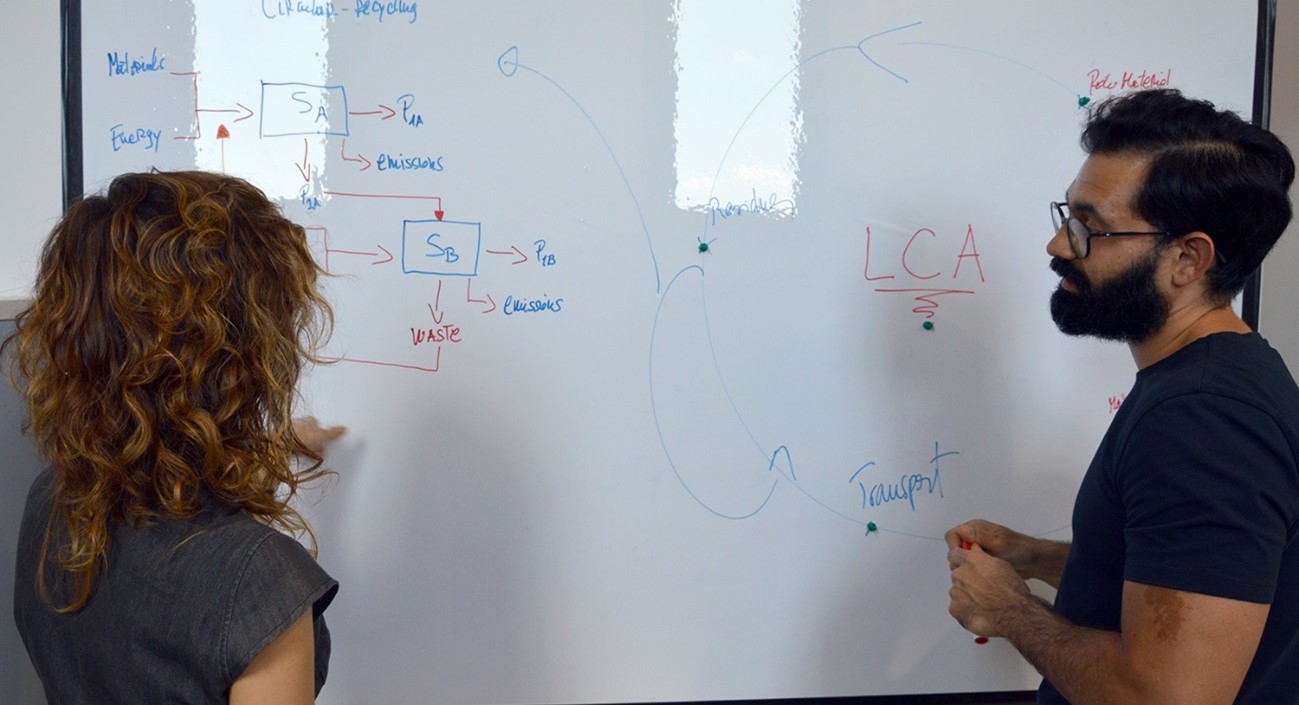
LCA quantifies the resources that are used and the emissions produced throughout the entire life cycle of a food product.
Yes. Often, when measuring sustainability, we think of the impact of packaging. But packaging is a very small part of the whole product system! Imagine a ketchup. Before it is packaged, there is a process where other ingredients, preservatives and stabilisers have been added to the tomatoes. On top of that, the tomatoes have been transported to the factory that makes ketchup. And before that, they have had to be planted and grown, using organic or inorganic fertilisers, and maybe pesticides, too. And water. And soil. And, even before that, there is the tractor that uses diesel, which comes from petroleum. So we tally up all these resources and emissions and calculate the environmental impacts to see if that ketchup is more or less sustainable than a competitor's. It is important to account for everything to avoid having a partial view of the system. For example, if we go shopping by car, we use fuel, made from the same petroleum as all those plastic containers and bags we are trying so hard not to waste! That is why systems thinking is so important.
"We quantify the resources that are used, like water, and the pollutant emissions that are produced, including not just CO2 emissions and other greenhouse gases responsible for climate change, but also all the other pollutants."
There are many eco-labels that provide the consumer with information, although none are unified and focus specifically on the sustainability of the food. For example, there are labels that follow rigorous standards and verification by external bodies. We can rely on these. This is the case of the green leaf, or the CCPAE seal. Also the Animal Welfare label Welfair® developed by the IRTA. Some labels, on the other hand, are simply marketing strategies that make us fall into the trap of greenwashing. Another option is to provide information on environmental impact in a similar way to Nutriscore, in other words, using a range: this is what European policies are moving towards.
Europe is working on a directive to stop the indiscriminate increase of seals and replace them with a reliable standardised seal that will be present on all products and that, either with letters, colours or a traffic light system, will indicate the environmental rating of what you want to consume. But there are many different interests involved and the discussion has been going on for more than five years. At the moment there is no agreement, but in the next few years it will definitely be implemented, and the LCA Food conferences will have contributed to this!
Yes, through the international Eco Food Choice project. In reality, sustainability is a bit like football. Everyone talks about it, because everyone thinks they know, and everyone has the perfect way for their team to win the match. As I said, some people think that by changing the packaging or eliminating it, they will make a more sustainable product, without taking into account that, for example in the case of fruit, if the packaging is replaced by a protective wax, or if there is more waste due to the reduced protection provided by the new packaging, the final product may have greater environmental impact and they will have made a big business investment for nothing!
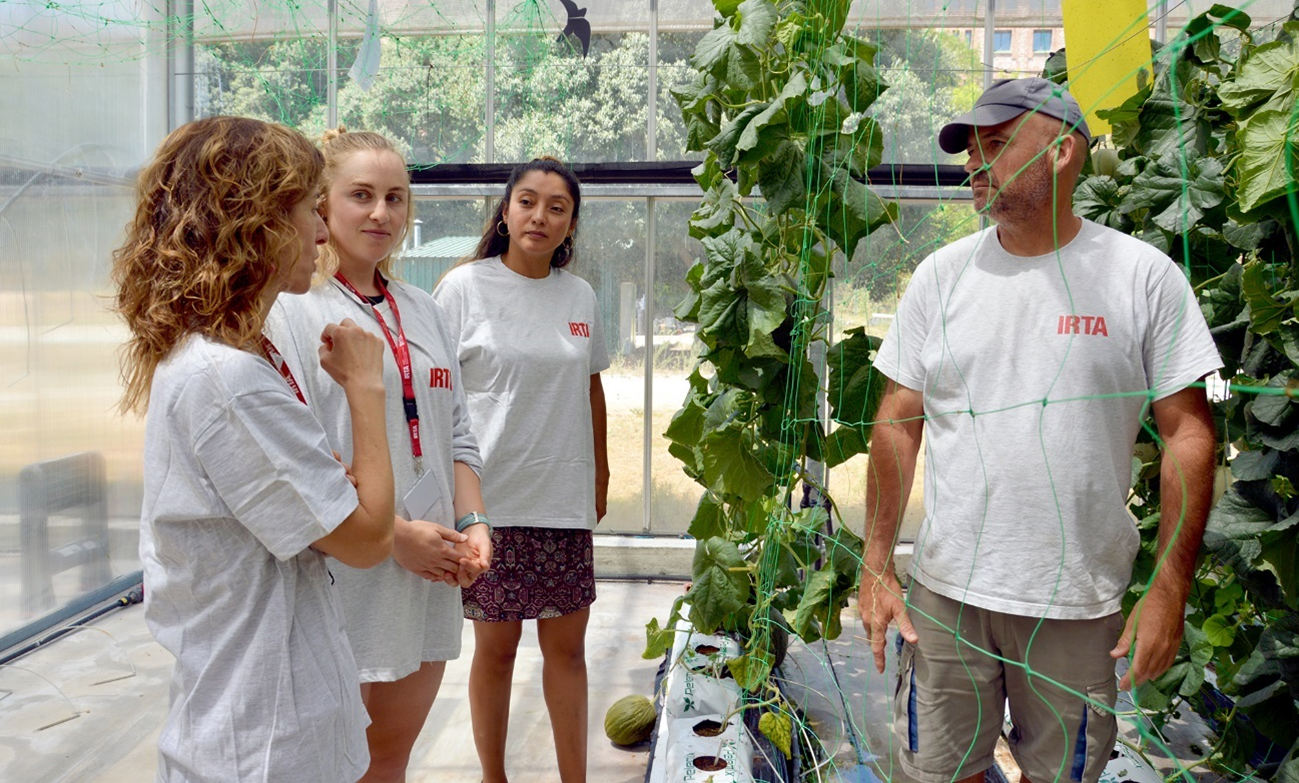
Product packaging represents a small part of the environmental impact, which is most often concentrated in the primary sector.
Sustainability means protecting ecosystems, providing equal opportunities for everyone and improving quality of life, all in an economically viable way, both now and in the future. The difficulty lies in finding the balance between the three cornerstones: the environmental, social and economic aspects. The concept is great, but how do you measure whether a product is sustainable? We need a map to tell us where we are and which direction we should take. This is what LCA does. It helps us make decisions to find the path to sustainability. LCA is based on science, and this counterbalances the mainstream use of the word sustainability. Do you want to see your impact? So we go through the whole production process. We sort it out. We quantify. Let’s think, for example, about bioplastic as a packaging material.
(...)
Well, it is just as polluting, if not more so, than plastic packaging because, in order to make it, you need arable land, which used to have another use: perhaps it was a forest. And you use water for irrigation. And you release emissions into the air and water. Once you throw the bottle away, bioplastics also make nanoparticles, because under natural conditions they are not biodegradable or compostable, but have to undergo specific processes.
"LCA is based on science, and this counterbalances the mainstream use of the term sustainability"
For all these reasons, it is essential to recruit people into companies and public institutions who really know about sustainability. People who do not only think in the short term. For example, if we look at the long term, there are many ways of thinking about Catalonia in the future. Depending on how you organise the land use, you will have different environmental impacts. This can also be calculated through the LCA.
Yes. Scientists working on LCA study how to find agreed, standardised measures so that companies, governments and individuals use the same metrics and can therefore be compared with one another. This standardisation is based on international ISO standards, EU regulations, UN guidelines and sector-specific protocols such as those of the FAO for livestock farming. The IRTA is working on all of this, as are many of the people who will be attending the conference. For example, researchers from the IRTA participated in the creation of the consensual method AWARE for assessing the impact of water consumption on EU guidelines.

Many of the experts taking part in the conference are working towards agreed measures for companies and public institutions so that they can calculate the environmental impact of foodstuffs.
The companies that come to us typically say they want to study the carbon footprint of their products, usually packaging, which for them is synonymous with sustainability. We then suggest that they broaden their perspective, and they end up realising that they wanted to put their house in order starting with the roof. A recent success story is that of a company with whom we carried out an LCA of their meat. Thanks to this LCA, they are still supplying a multinational company that asked them to see if they were competitive in Europe. If they had not been, the company would have stopped buying their meat.
"It is essential to recruit people into companies and public institutions who really know about sustainability"
Yes, and Europe is putting a lot of effort into this. It is closely monitoring medium and large companies so that when they calculate their carbon footprint, they do not only count direct emissions, such as those produced by electricity consumption for air conditioning or running computers. Europe wants them to analyse which means of transport professionals use for their work and who supplies their products to find out how much they emit and in what way. As medium and large companies have small suppliers, this pulls them in. It is a domino effect. And it is already happening.
Yes. Medium and large European companies are required to carry out Scope 3 carbon footprint studies, which include the indirect emissions I have mentioned. They will have to start reporting this in a mandatory way from 2025 onwards according to an EU directive. And Europe is not only applying it to products, but also to services.
We are much better off than we were ten years ago. The existence of eco-labelling on food will be very important for us, so that as consumers we take into account the environmental impact of what we eat. But we must continue to make efforts to inform society in an understandable way.
Healthy and sustainable diets. In the last edition, in Lima, there were already some talks on this. In this year's edition, this topic takes up more than a day.
There is more awareness of the need to unify the nutritional and environmental aspects, in other words, which diets are both healthy and environmentally friendly. These approaches cannot be separated. They must come together to form a joint strategy on how we should feed ourselves to keep the Earth within its planetary limits while at the same time nourishing ourselves in an adequate and healthy way. That is why the slogan for this 14th edition is "Healthy food systems for a healthy planet".
"We need a joint strategy on how we should feed ourselves to keep the Earth within its planetary limits while at the same time nourishing ourselves in an adequate and healthy way"
We will talk about the types of animal cells and ingredients used to make cultured meat in the laboratory and how to calculate its LCA: what to count, what not to count and how to count it.
In the lab, beyond cultured meat cells, other ingredients are used, namely nutrients to feed them. And bioreactors are also used, in which the cultured meat is grown. At present, all this is done on a small scale and it is difficult to determine how efficient it would be on a large industrial scale. In other words, if the demand for lab-grown meat were as high as for conventional meat, would we end up generating the same impact? We will have to see how farmed meat pollutes, to clarify whether it makes sense to go in that direction.
It will certainly be an alternative option. In sustainability, there is usually no golden rule that solves all the problems.
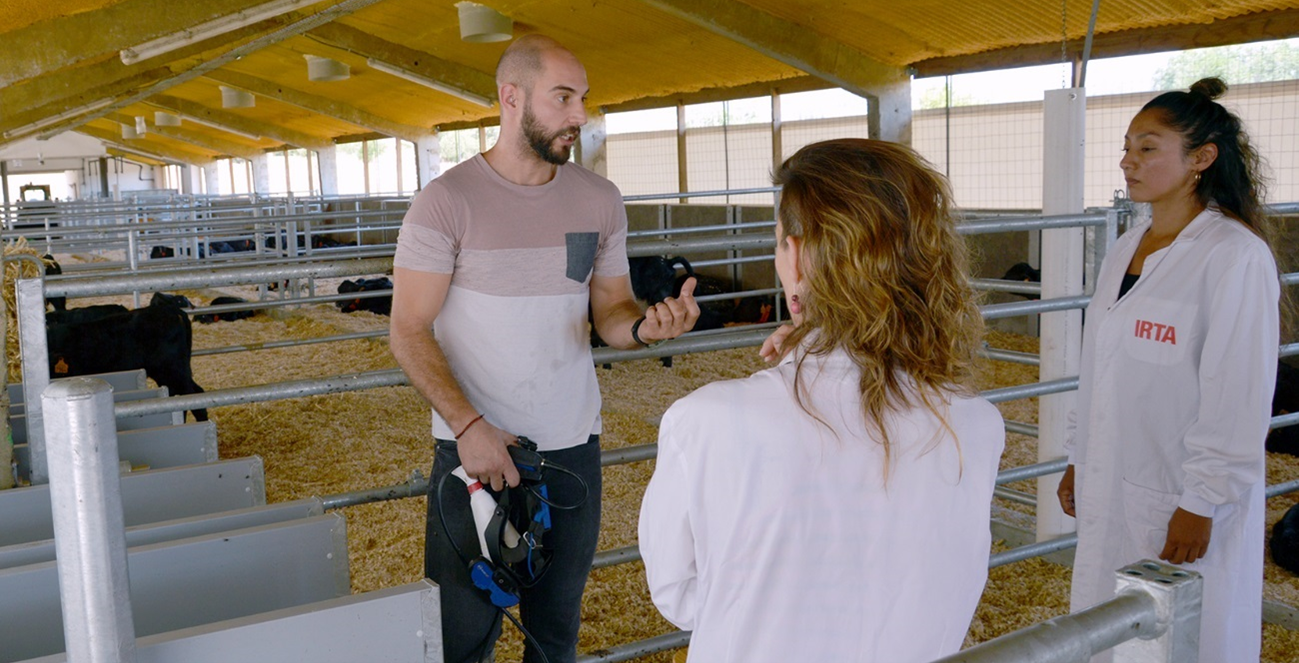
The LCA of livestock projects, cultured meat and dietary changes are some of the topics to be discussed at the conference.
I'm looking forward to the plenary sessions. We selected them very carefully. The goal is for people attending the conference to leave with a critical spirit and to discover new visions beyond LCA. We have been disruptive because the plenary sessions are usually led by people who are part of LCA Food. Well, in Barcelona, the speakers will come to tell us things we don't know. For example, on the 9th, after the official opening and the presentation by the representatives of the administrations, Joan David Tàbara will talk about the so-called positive tipping points: those positive changes, turning points, such as the eco-label or regenerative agriculture, which can snowball, in other words, that can have a domino effect so that society tends to become increasingly sustainable. He will give us a vision of hope.
I am looking forward to hearing what he has to say. There will also be a round table with the Louise Fresco and Marta G. Rivera internationally renowned experts, moderated by the Catalan Llorenç Milà i Canals, head of the Secretariat of the UN Life Cycle Initiative. They will explain what the healthy and sustainable food systems of the future should be like: will they be local or global? What role will women play in food production? What role do we as consumers have in shaping the food system?
On the last day, we will hold a round table with speakers from major food multinationals: Unilever, Nestlé and OSI will explain the measures they are incorporating to achieve the EU's 2030-2050 targets for reducing greenhouse gases and the application of life cycle thinking. They will be explaining this in front of almost 500 experts.
It should be very interesting. Let's all open our minds and see what they have to say.
Absolutely. For example, depending on where you live, you may want to incorporate the social aspect as a priority in LCA. In coffee and chocolate production markets, the most important thing is certainly to integrate social criteria into production systems first, and then look at the purely environmental side. In other words, it is vital to guarantee fair wages, or that children and young people have an education: the first step to ensuring tomorrow's sustainability is to empower people. In more developed countries, we focus more on environmental impacts, because here children tend to go to school. But there are also differences between us. In Mediterranean countries we have no water. Northern Europe does not suffer this problem, and other aspects such as emissions from fertilisers are currently more important to them.
It is very difficult to communicate the data. But we can say that, for the future, in order to have more environmentally sustainable food systems, we need to apply strategies that are not just focused on doing better what we already do. For example, it is not enough just to improve drinking troughs for cattle to reduce water consumption This must be done, but reducing the environmental impacts of food systems to meet EU targets will require a combination of three strategies: changing diets towards the consumption of less animal protein; reducing waste; and improving current agri-food systems. The change in diet is key.
"Reducing the environmental impacts of food will require the combination of three strategies: changing diets; reducing waste; and improving current agri-food systems"
Schools are an incredible driver of change. Hospitals too. Schools do a lot of the work.
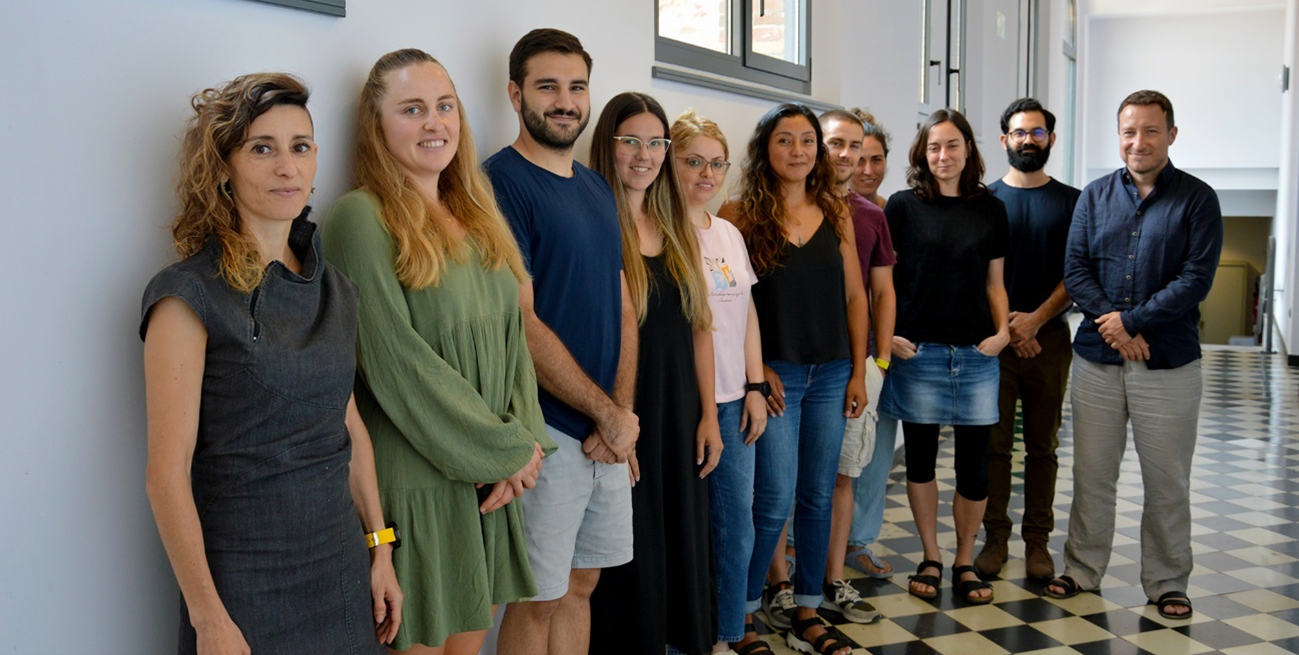
The IRTA team dedicated to the LCA of foodstuffs is involved in organising the conference.
I would like there to be good scientific debates. There will be discussion sessions, such as one focused on healthy diets and another on eco-labelling, and I would like to see new ideas emerge that can be taken forward after the conference. I would also like it to be a forum for scientific interaction between the companies and institutions that attend. Because we scientists generate knowledge, but businesses have to apply it and tell us what they need, what they don't understand, and which direction we should take. There will also be representatives from the EU and UN, who can provide guidance.
It means positioning us on the international stage of centres dedicated to LCA in food. We are small, but we are very good. We are organising the leading international scientific conference in this field, at the same level as other much larger entities that have also organised it. We are doing it in alliance with the University of Barcelona (UB) and this is key. And at the personal level, as a researcher at IRTA, it should also be a source of opportunities. We are very excited and hope it will be a success.
Alo Congress – VB Group
Numancia 73
08029 Barcelona - España
Phone: (+34)933 633 954
Queries: secretary@lcafood2024.com
Payments and invoices: invoices@lcafood2024.com

